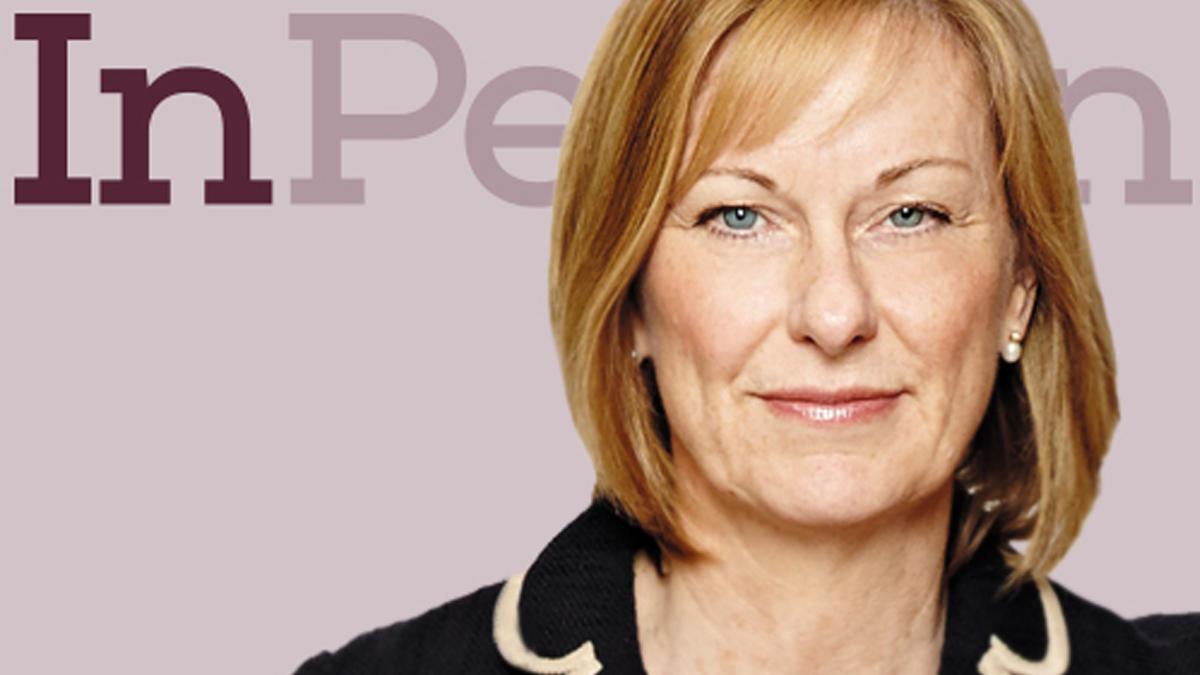It’s a laudable aim to want to improve care, and we can help you to become an evidence-based influencer, says CSP chief executive Karen Middleton

I have learnt a lot about organising in order to exert influence since I joined the CSP four years ago. My previous experience was more about how an individual can be influential, particularly when in a position of power or authority, whereas now I am learning more and more about influencing through organising, where the power is shared.
My learning has primarily come from re-engaging with the work of the CSP stewards and their regional networks. They ‘do’ organising!
Our professional, country and regional networks have helped me learn too, as have our student, associate and diversity networks.
One of my aims when I started at the CSP was to maximise the affect of members locally, whether to affect purchasing decisions, influence local politicians, prevent service closures or to get the local population moving (#LoveActivity).
In order to do this we needed to provide you with tools to influence, particularly economic ones. You have those now. We also needed to support the development of the leaders of the future to be able to exert influence wherever they are – the CSP Leadership Development Programme is helping with that.
Another priority was to boost the potential for organising to influence across all the different CSP networks across the UK.
Establishing a central countries, regions and localities approach has really helped, with CSP staff enabling active members to come together to share knowledge, best practice and to influence. What I do wonder, however, is whether we have yet released the potential from the networks connecting with each other yet?
Communication is critical and it should be so much easier now with social media and the internet breaking down any barriers caused by geography or time.
Imagine the power of a service transformation in a respiratory care pathway, for example, where the local members of the Association of Chartered Physiotherapists in Respiratory Care are organising with the local members of the Leaders and Managers of Physiotherapy Services Network, the local stewards and safety reps and the members of the local regional network plus the local students and HEIs. Now there’s a force to be reckoned with!
There would be a common goal and shared understanding of the desired change, but sufficient diversity to come up with a convincing influencing plan to make it happen and deal with any unintended consequences.
To release all this potential, I think it is important to actually plan to influence and take stock of who you might involve and engage, whether within your team, service, or wider circles. Take time to research the networks in all their diversity and connect with local members. And do all this before rushing into other activity as, quite often, someone else will have a key contact or piece of information that will move your case forward or save you time. They may also have insight into the person/people you are trying to influence – this insight could help you to frame what you want to say in ways that will appeal, particularly if you can be the solution to a problem they are grappling with.
We are more connected than ever, so this stage of organising is much easier than it used to be. Our insight work highlights that using a mix of communication routes will reach more people.
So once you have identified the goal and the people who can assist, whether directly or indirectly, you need to plan the activity, the time frame and decide who is going to do what. Organising helps to share out the work load in a systematic way.
Make sure you have a story to tell, informed by data and evidence. Learning from what you did, and what went well, is invaluable in perfecting the art. Reflecting on success and its reasons is as important as understanding the causes of what went wrong. All this will help to inform further activity to exert your influence.
I am often heard to say that to be an excellent clinician is no longer sufficient. Clinicians need to be able to influence within teams, within services, organisations and on a national and international scale. The CSP staff are here to assist, but there is nothing as powerful as the frontline clinician – perhaps only surpassed by a group of well-organised frontline clinicians!
- Karen Middleton Chief Executive Officer CSP
Number of subscribers: 1




































